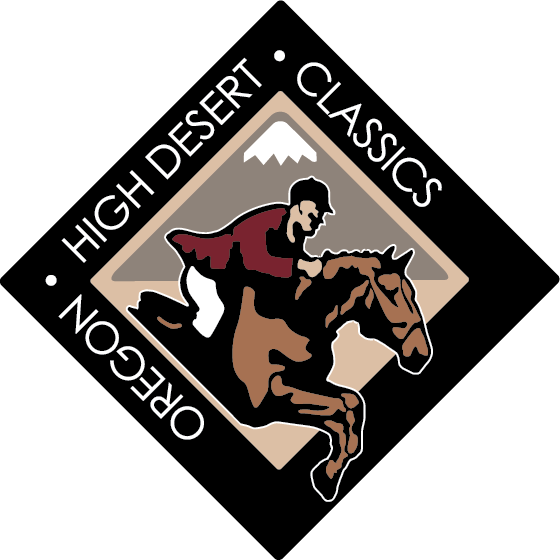Additional Bio-Security protocols for horses arriving from California
Following the recent outbreak of vesicular stomatitis (VS) in Riverside, San Benardino, and San Diego Counties in California, Oregon High Desert Classic are following the US Equestrian guidelines and recommendations, as outlined here by the Equine Disease Communication Center.
All horses who have travelled from CA to the Oregon High Desert Classic, Bend Or. will be inspected prior to unloading.
Oregon High Desert Classic will have additional requirements to the required Veterinary Horse Health Certificate for all horses arriving from California. This additional information includes:
Confirmation of examination of horses within five days prior to arrival at the Oregon High Desert Classic. The certificate must include the following statement:
“I have examined the animal(s) represented on this certificate of veterinary inspection and have found no clinical signs of vesicular stomatitis and they have not originated from a premises under quarantine for vesicular stomatitis.”
A three day temperature log (for the three days prior to departure) for each horse must also be provided.
Upon arrival at the Oregon High Desert Classic, each horse that has travelled from CA will be examined by a qualified, licensed and accredited veterinarian or a trained approved technician prior to entry to the stabling area. Horses may be required to be removed from the trailer for inspection if access is restricted.
To accommodate these safety protocols, contact Paul Jewell with your arrival plan. Paul’s contact Information-Phone 215-205-4265, email pjewell0335@gmail.com. Under no circumstances can horses arrive without contacting Paul Jewell first.
Upon arrival, please be prepared to provide each horses veterinary health certificate from within five days of arrival, and the three-day temperature log.
In addition we ask that the following precautions be adhered to for all horses competing at the Oregon High Desert Classic:
- Temperature charts will be supplied and horses’ temperatures must be taken twice daily. Competition Stewards will be spot checking temperature logs for all horses. Please make sure that the logs are readily available. Any temperature over 101.5°F shall be immediately reported to competition management.
- Exhibitors are required to observe horses for clinical signs of vesicular lesions and report immediately any signs to the attending horse show veterinarian or competition management. There will be immediate isolation of any horses with vesicular lesions.
The following biosecurity management measures are also highly recommended:
- Eliminate whenever possible common water sources during the event.
- Strongly discourage the use of shared equipment and tack between participants.
- Minimize exposure to fly vectors through use of fly wipes, sprays, foggers, and other repellents for use on animals, applied as directed by label instructions.
Please reach out to Paul Jewell with any questions and or concerns
